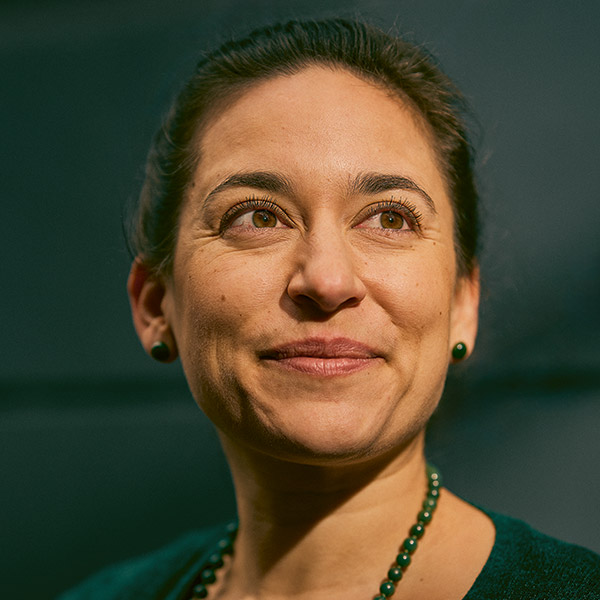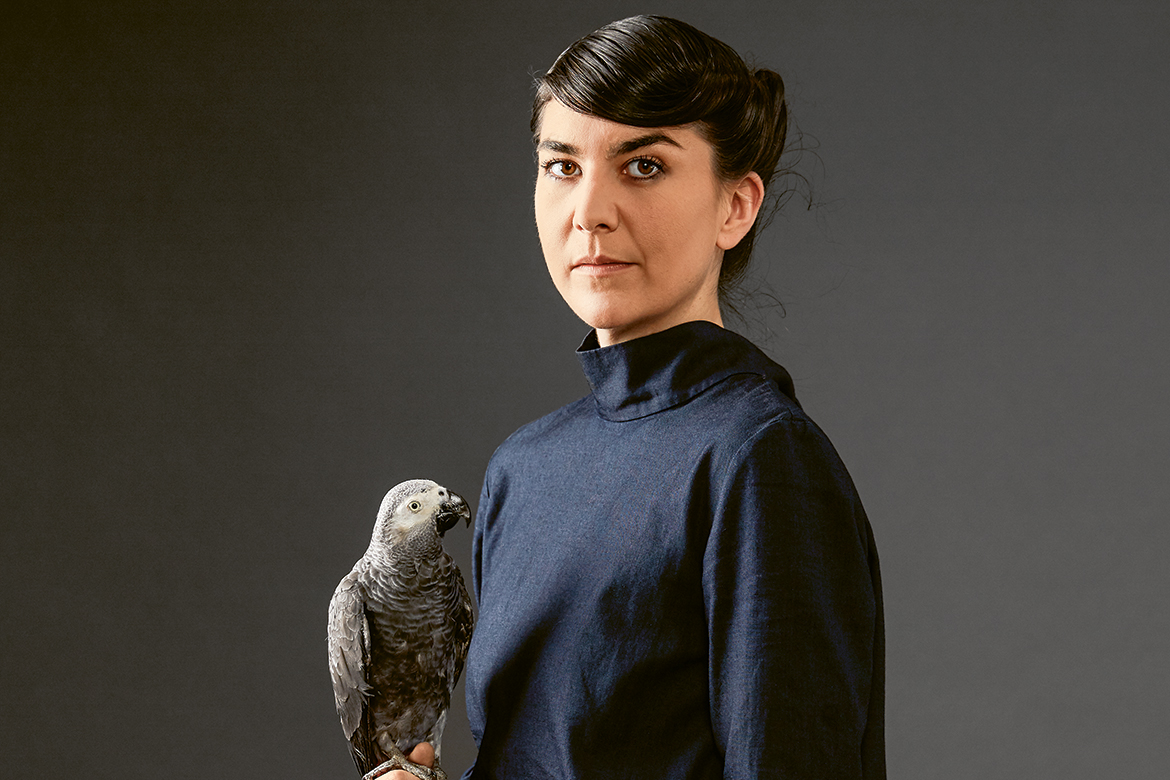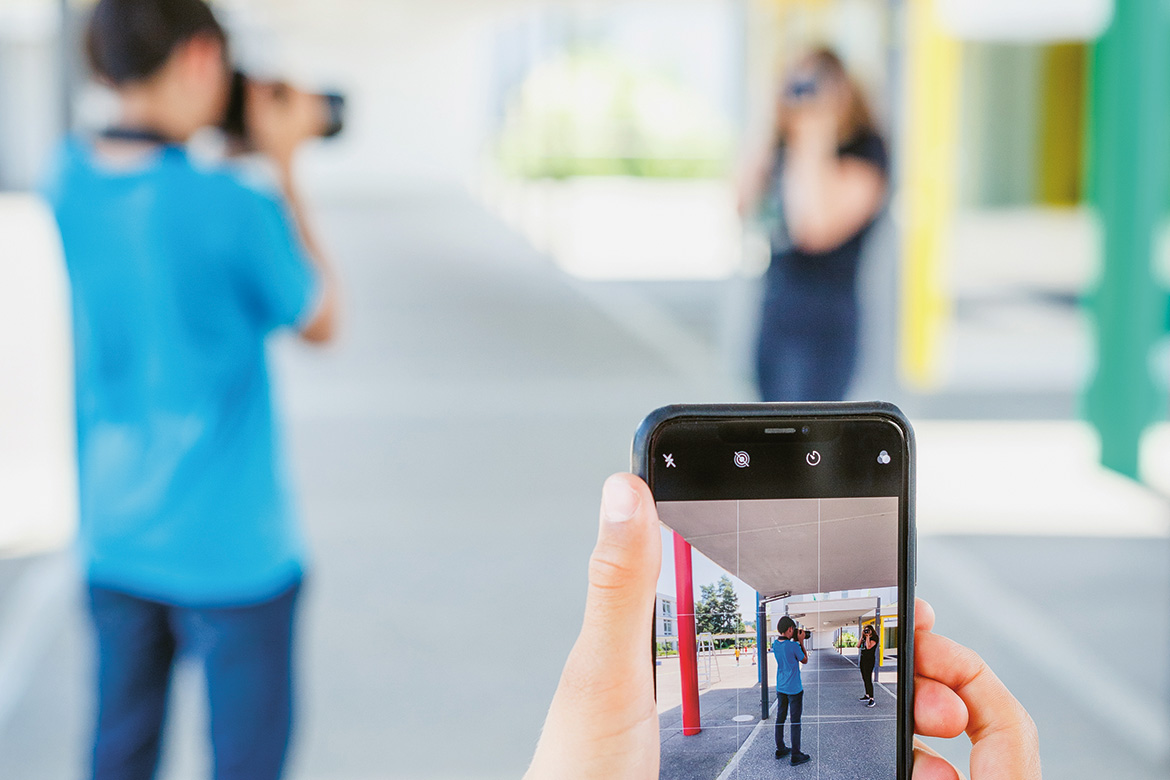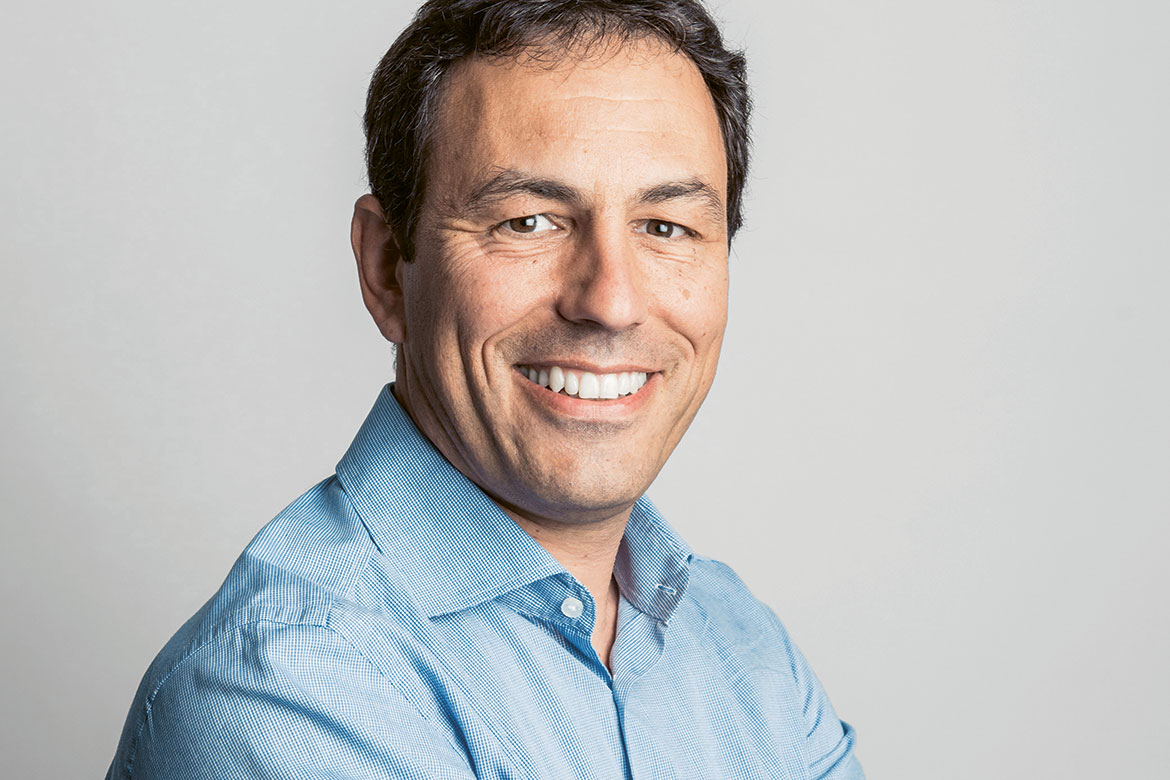The things we don’t yet know
In the former town hall of Cadro in Lugano, the neurobiologist Giovanni Pellegri is going to open a new centre for his think-tank ‘Ideatorio’. As of September 2019 it will be home to social encounters and to an intensive dialogue between science and society.

In exhibitions and projects, and at the science weeks held in the school holidays, children can explore new knowledge in a playful manner. | Image: Giovanni Pellegri
It’s important to us that we’re not just creating a classical science museum for the canton of Ticino. We don’t want to explain science, but to create a meeting place where our visitors can contribute their own knowledge and engage in discussion and debate. We’re not just putting our focus on knowledge: we also want to show everything we don’t know yet. The original idea behind our think-tank, the ‘Ideatorio’, dates back to 2005. That was when ‘Science et Cité’ offered us the opportunity to organise a science festival. I went to the city administration and sat down with politicians and the people in charge of education, and together we put together a festival for a broad public. Instead of getting bogged down with abstruse topics, we brought science to the people. This event has now developed into the ‘Ideatorio’, a regional branch of Science et Cité that is attached to the University of Italian Switzerland and is supported by the schools of the city of Lugano. There’s a lot of interest here. Some 150,000 people have already taken part in our events, and we organise workshops for 400 classes every year. This year, we’re getting our own home and are moving into the former town hall of Cadro. From September 2019 onwards, we’ll be offering a planetarium, various temporary exhibitions and numerous workshops. We’ll also set up an olfactory space where visitors can test 100 different smells, and there will be little laboratories dealing with the MINT subjects.
A human focus
After my piano teacher made it crystal clear to my parents that I was quite devoid of musical talent, they bought me a telescope, which was what I’d actually wanted. I was already fascinated by science when I was a child. It was probably this gift from my parents that set me off on my career in science. After studying biology, I engaged in research, did a doctorate in neurobiology, got the best results of my year, and won several awards. Nothing stood in the way of my embarking on an academic career. But I soon found my work too specialised, and I wanted to realise a vision of something in which people were at the centre of my focus. So for several years I concentrated solely on humanitarian projects. Plunging into the real world like this was the best school of life I could have had. And it continues to influence my work today. It’s not by chance that science and social encounters are at the heart of our Ideatorio.
Science as a cultural tool
Even if people often claim the opposite: young people are actually interested in scientific topics! But it’s also true that fewer and fewer of them are choosing a career in science. Why is this? Because we are disseminating an image of science that is far too one-sided, while at the same time neglecting its humanistic aspects. This is where the problem lies. Never in the history of humankind have we had so many sources of information at our fingertips: newspapers, magazines, broadcasts, podcasts, Wikipedia! If I want an answer to something, I only have to connect to the Internet, and I’ll find it.
But the really big, fundamental questions remain unanswered, despite this flood of information. Who are we, where do we come from, and where are we going? What is ‘life’ anyway, where does it begin, and what makes it what it is? We don’t know. It’s not because we didn’t pay attention at school and neglected to learn it. It’s because there simply aren’t any answers to these questions! And yet it’s precisely these questions that occupy us all – whether children, young people or adults. This is why science came about in the first place and why it developed the way it has. These are questions that offer endless opportunities for dialogue and that focus on us as human beings. With the Ideatorio, we are opening up a place that will enable us to follow up on these complex questions and engage with the mystery of life.
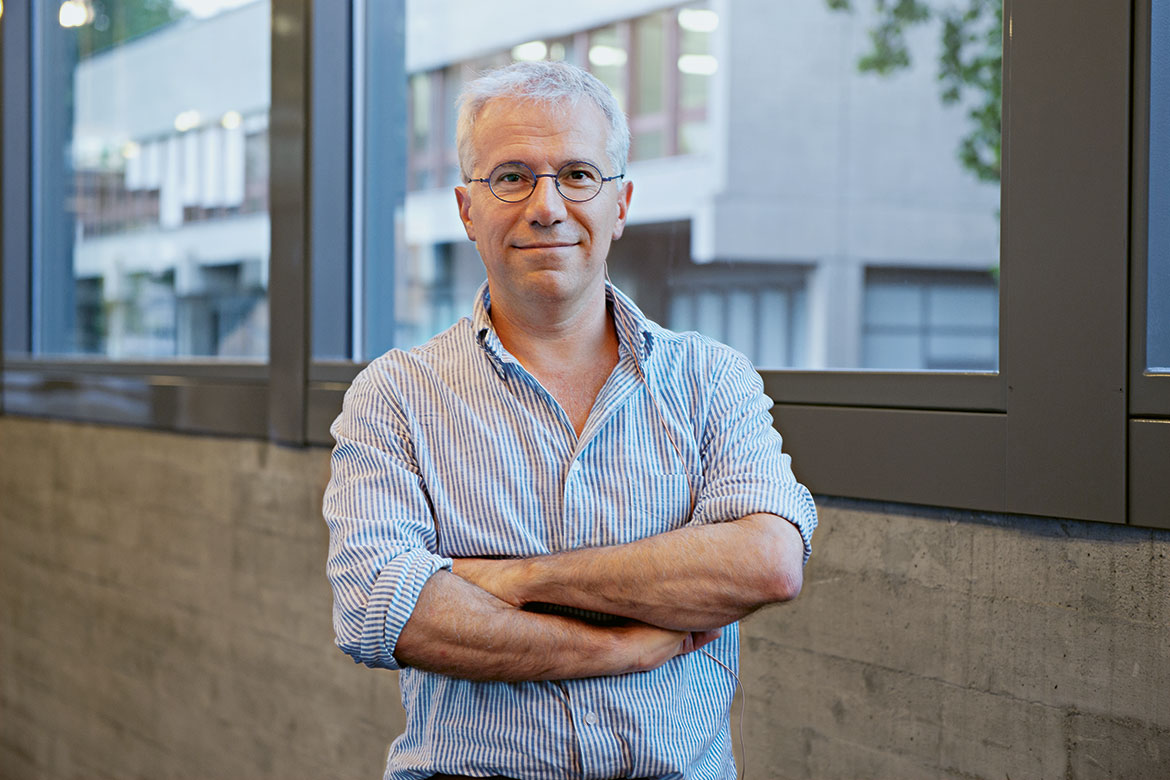
Image: Giovanni Pellegri: SUPSI
Giovanni Pellegri runs the think-tank ‘Ideatorio’ – the local branch of Science et Cité – at the University of Italian Switzerland (USI). He took his doctorate in neurobiology at the Faculty of Medicine in Lausanne. His thesis was given an award by the journal ‘Le Scienze’. After spending seven years working for the relief organisation Caritas Ticino, he moved to the USI. Pellegri has also enjoyed much success with the science programme ‘Il Giardino di Albert’ for Ticino TV (RSI).

